I loved no king since forty one when prelacy went down, a cloak and band I then put on, and preached against the crown
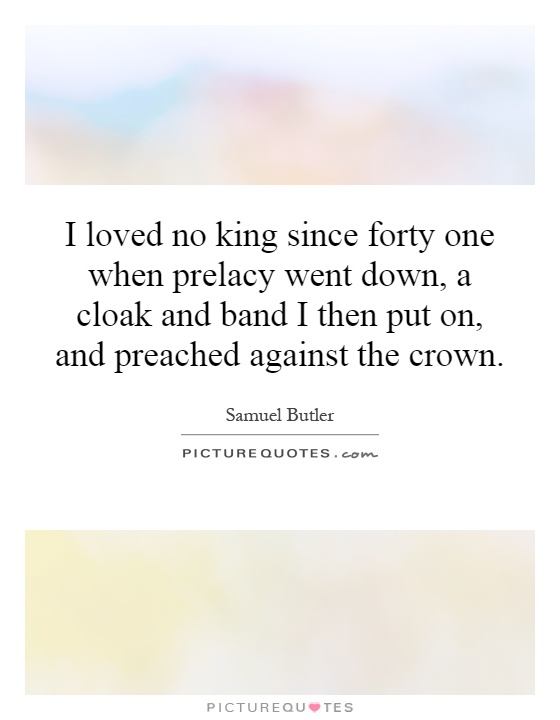
I loved no king since forty one when prelacy went down, a cloak and band I then put on, and preached against the crown
The quote “I loved no king since forty one when prelacy went down, a cloak and band I then put on, and preached against the crown” is a powerful statement that reflects the political and religious beliefs of Samuel Butler, a 17th-century poet and satirist. Butler was known for his sharp wit and biting criticism of the monarchy and the Church of England, making him a controversial figure during his time.The year 1641 marked a significant turning point in English history, as it was the year when the English Civil War broke out between the Royalists, who supported King Charles I, and the Parliamentarians, who sought to limit the power of the monarchy. The defeat of the Royalists in 1641 led to the abolition of the episcopal form of church government known as prelacy, which was closely associated with the monarchy. For Butler, this event was a cause for celebration, as it represented a victory for the forces of democracy and religious freedom.
In the aftermath of the Civil War, Butler became a staunch supporter of the Parliamentarians and their efforts to establish a more egalitarian society. He donned a “cloak and band,” which were the traditional attire of Puritan preachers, and used his platform as a writer to criticize the crown and advocate for political reform. Butler’s decision to “preach against the crown” was a bold and risky move, as it put him at odds with the ruling powers of the time.
Butler’s satirical works, such as “Hudibras,” were filled with biting critiques of the monarchy, the nobility, and the clergy. Through his clever wordplay and sharp observations, Butler exposed the hypocrisy and corruption of those in power, earning him a reputation as a fearless and uncompromising critic. Despite facing censorship and persecution for his views, Butler remained steadfast in his beliefs and continued to speak out against injustice and oppression.
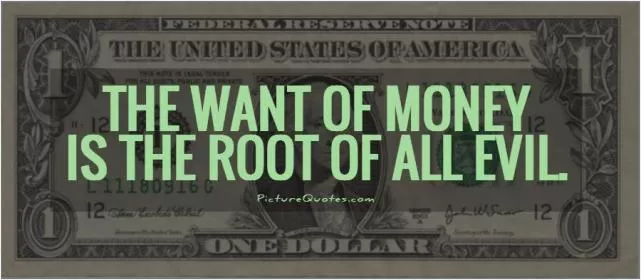


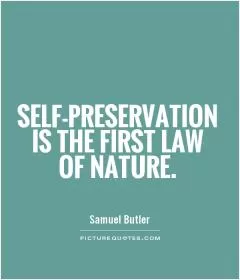


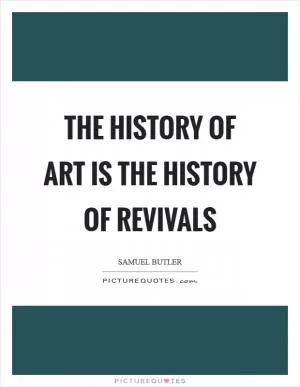

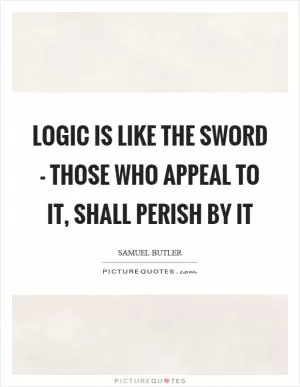

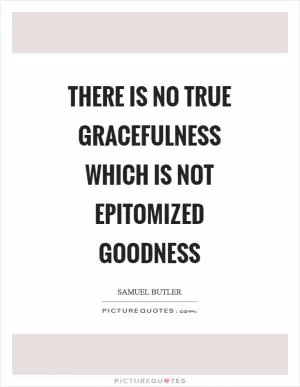
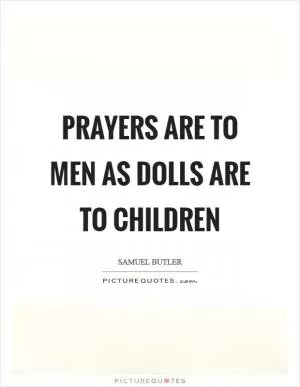
 Friendship Quotes
Friendship Quotes Love Quotes
Love Quotes Life Quotes
Life Quotes Funny Quotes
Funny Quotes Motivational Quotes
Motivational Quotes Inspirational Quotes
Inspirational Quotes